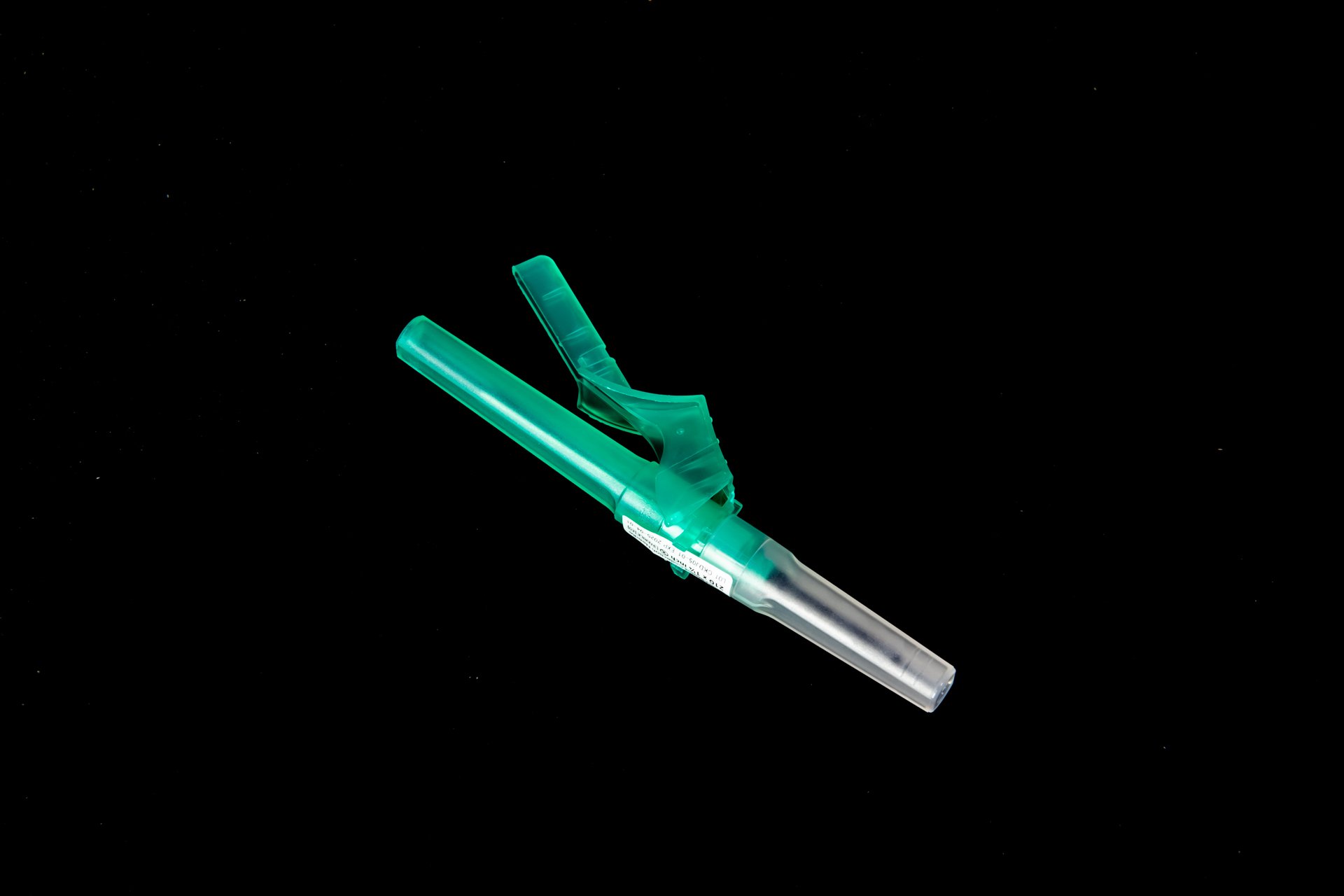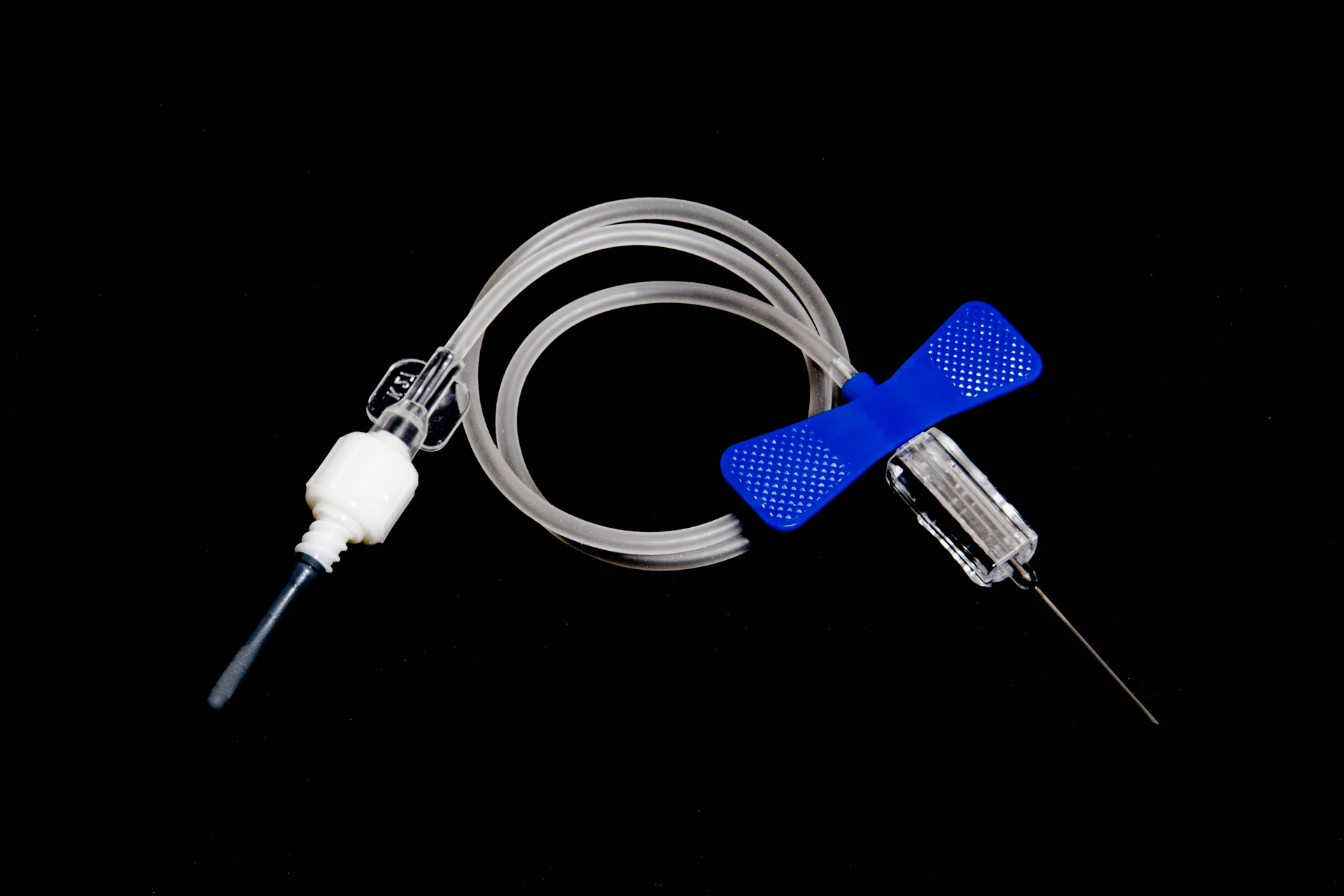Safety Concerns Leading To Needle Recalls
Needles are a crucial medical tool used in various healthcare settings, including hospitals, clinics, and home care. However, recent safety concerns have led to several needle recalls by manufacturers, raising alarms among healthcare professionals and patients alike. In this article, we will delve into the reasons behind these needle recalls, the potential risks associated with unsafe needles, and what steps can be taken to ensure patient safety.
Reasons for Needle Recalls
Needle recalls are typically initiated due to safety concerns related to the design, manufacturing process, or quality control issues. Some common reasons for needle recalls include:
Needle breakage during use
Sharpness defects leading to injuries
Potential for needlestick injuries
Contamination risks
These issues can pose serious risks to healthcare workers, patients, and anyone else who may come into contact with the needles. As a result, manufacturers must take swift action to recall the affected products and prevent further harm.
Risks of Using Unsafe Needles
The use of unsafe needles can have severe consequences, including:
Needlestick injuries: Accidental needlestick injuries can lead to the transmission of bloodborne pathogens such as HIV, hepatitis B, and hepatitis C.
Infections: Contaminated needles can introduce bacteria or other pathogens into the body, causing infections at the injection site or elsewhere.
Product malfunctions: Needles that break or malfunction during use can cause injuries to patients or healthcare providers.
Given the potential risks associated with unsafe needles, it is crucial for healthcare facilities to be vigilant and proactive in ensuring the safety of their needle supply.
Steps to Ensure Needle Safety
To minimize the risks associated with needle use and prevent recalls due to safety concerns, healthcare providers can take the following steps:
Regular Inspection and Maintenance
Healthcare facilities should implement regular inspections of their needle supply to check for any signs of damage, defects, or contamination. Any needles that show signs of wear or compromise should be immediately replaced to prevent injuries and potential recalls.
Staff Training and Education
Proper training of healthcare personnel on safe needle handling and disposal practices is essential to prevent needlestick injuries and ensure patient safety. Education programs should cover topics such as needle safety protocols, sharps disposal, and infection control measures.
Effective Communication
Open communication between healthcare providers, manufacturers, and regulatory agencies is crucial for identifying and addressing potential safety concerns with needles. Healthcare facilities should promptly report any issues with needle quality or performance to the appropriate authorities to prevent widespread harm.
Conclusion
Needle recalls due to safety concerns are a serious issue that can have far-reaching consequences for patients, healthcare providers, and manufacturers. By understanding the reasons behind these recalls, recognizing the risks associated with unsafe needles, and taking proactive steps to ensure needle safety, we can work towards a healthcare system that prioritizes patient well-being and minimizes potential harm.
References:
Disclaimer: The content provided on this blog is for informational purposes only, reflecting the personal opinions and insights of the author(s) on phlebotomy practices and healthcare. The information provided should not be used for diagnosing or treating a health problem or disease, and those seeking personal medical advice should consult with a licensed physician. Always seek the advice of your doctor or other qualified health provider regarding a medical condition. Never disregard professional medical advice or delay in seeking it because of something you have read on this website. If you think you may have a medical emergency, call 911 or go to the nearest emergency room immediately. No physician-patient relationship is created by this web site or its use. No contributors to this web site make any representations, express or implied, with respect to the information provided herein or to its use. While we strive to share accurate and up-to-date information, we cannot guarantee the completeness, reliability, or accuracy of the content. The blog may also include links to external websites and resources for the convenience of our readers. Please note that linking to other sites does not imply endorsement of their content, practices, or services by us. Readers should use their discretion and judgment while exploring any external links and resources mentioned on this blog.



